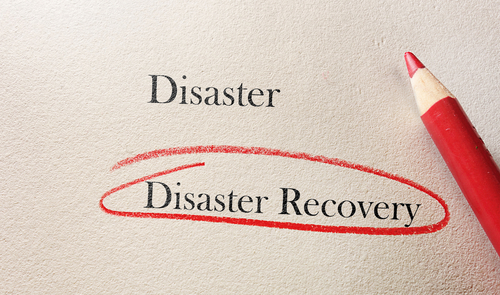
A legislative effort to repeal a section of the Post-Katrina Emergency Management Reform Act of 2006 (PKEMRA) and bring the U.S. Department of Homeland Security (DHS) in line with other agencies on disaster aid recently advanced unanimously through the Senate Homeland Security and Governmental Affairs Committee.
One of the authors of the Helping Eliminate Limitations for Prompt Response and Recovery Act, U.S. Sen. Gary Peters (D-MI), is the chair of that committee. Peters was joined in authoring the bill by U.S. Sen. John Kennedy (R-LA).
“The federal government should have every tool available in order to help survivors of disasters get back on their feet,” Peters said. “This bipartisan bill will help DHS respond to emergencies and natural disasters quickly and more effectively.”
Specifically, the bill would repeal Section 695 of PKEMRA, which limits the duration of non-competitive emergency contracts for DHS – of which the Federal Emergency Management Agency (FEMA) is a part. Other agencies follow the Federal Acquisition Regulation (FAR) instead, which was much more recently updated. The senators argued by repealing the restriction on DHS, the distribution of disaster aid would be increasingly efficient.
Groups such as the National Emergency Management Association (NEMA), the International Association of Emergency Managers and the Disaster Recovery Coalition of America backed the bill and lauded its first step on a path to approval.
“This bill will modernize contracting requirements for DHS and the Federal Emergency Management Agency (FEMA) and align them with the less restrictive requirements applied to all other government agencies. Especially when responding to disasters, speed is of the essence, so it is imperative to give FEMA the tools necessary to be efficient and responsive when needed most,” Russ Strickland, NEMA President and Secretary of Maryland Department of Emergency Management, said.
The bill now goes to the full Senate for a vote.




